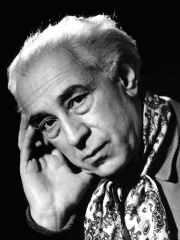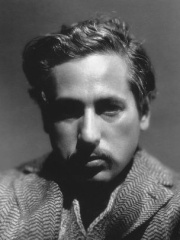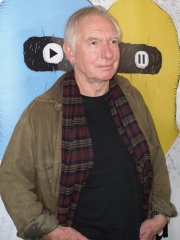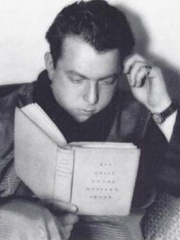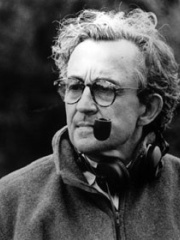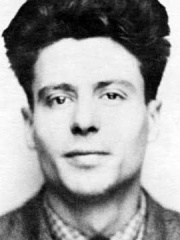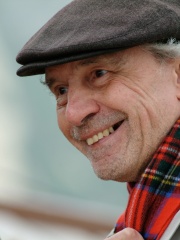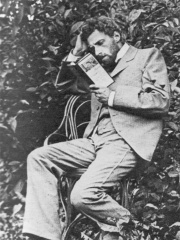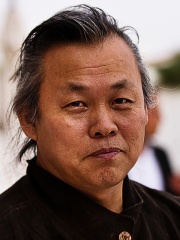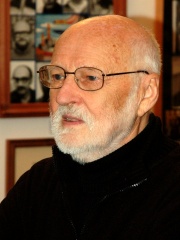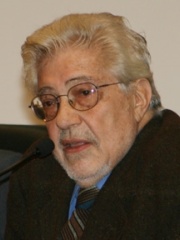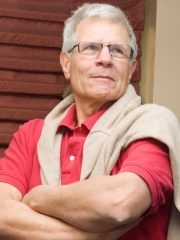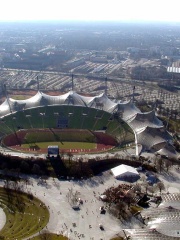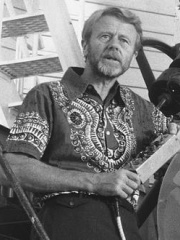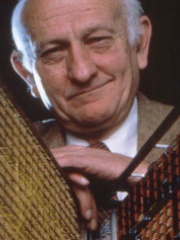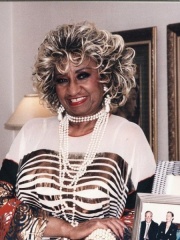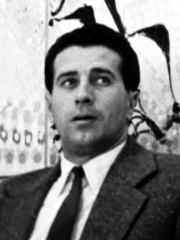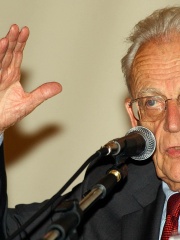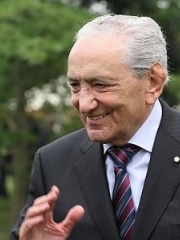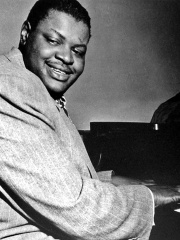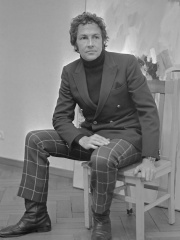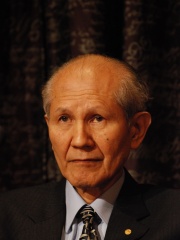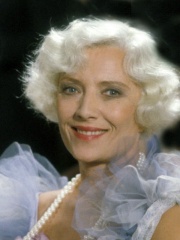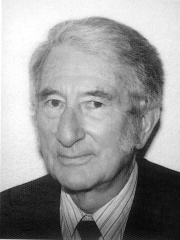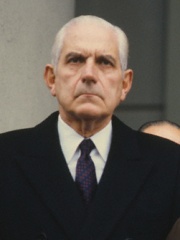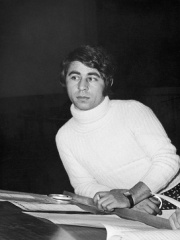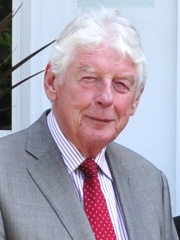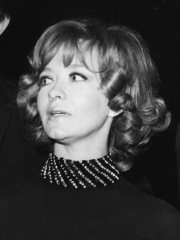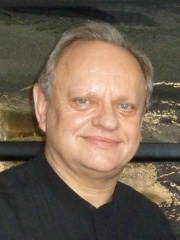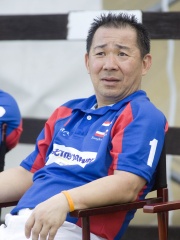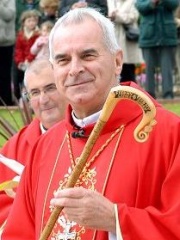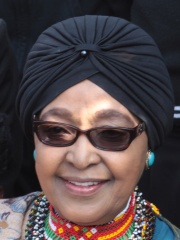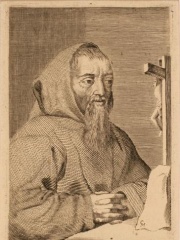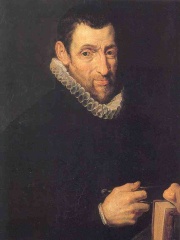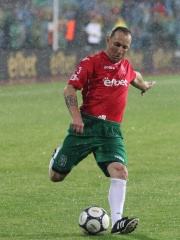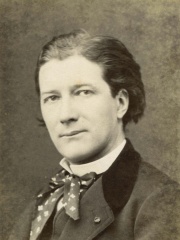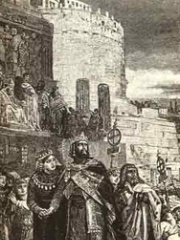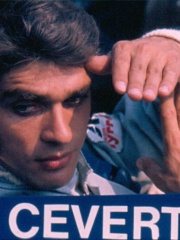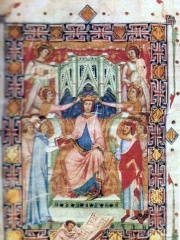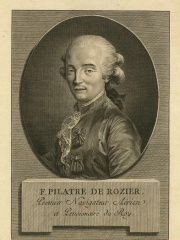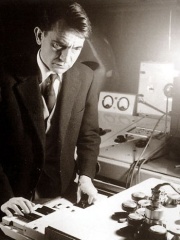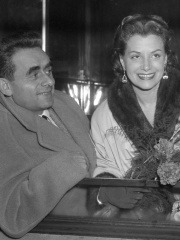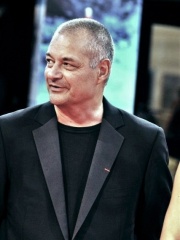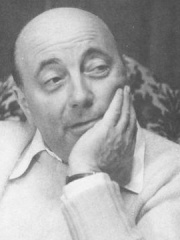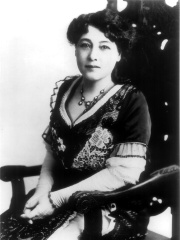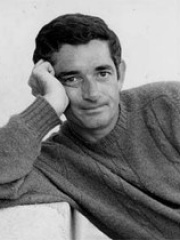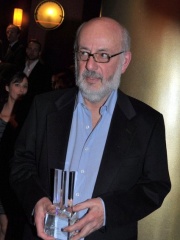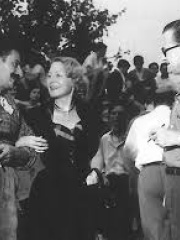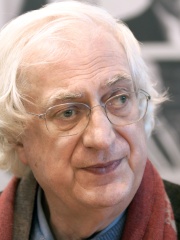Film Director
Claude Lanzmann
1925 - 2018
EN.WIKIPEDIA PAGE VIEWS (PV)
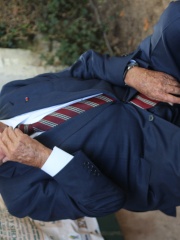
 Claude Lanzmann
Claude Lanzmann
His biography is available in 35 different languages on Wikipedia (up from 34 in 2024). Claude Lanzmann is the 164th most popular film director (up from 206th in 2024), the 1,136th most popular biography from France (up from 1,362nd in 2019) and the 25th most popular French Film Director.
Claude Lanzmann is most famous for his documentary film Shoah, which is a nine-and-a-half hour long film that tells the story of the Holocaust.
Memorability Metrics
Page views of Claude Lanzmann by language
Among Film Directors
Among film directors, Claude Lanzmann ranks 164 out of 2,041. Before him are Abel Gance, Josef von Sternberg, Peter Weir, Lewis Milestone, Louis Malle, and Jean Vigo. After him are Jacques Rivette, Vsevolod Meyerhold, Kim Ki-duk, Jan Švankmajer, Ettore Scola, and Tom Holland.
Most Popular Film Directors in Wikipedia
Go to all RankingsAbel Gance
1889 - 1981
HPI: 68.48
Rank: 158
Josef von Sternberg
1894 - 1969
HPI: 68.47
Rank: 159
Peter Weir
1944 - Present
HPI: 68.44
Rank: 160
Lewis Milestone
1895 - 1980
HPI: 68.38
Rank: 161
Louis Malle
1932 - 1995
HPI: 68.35
Rank: 162
Jean Vigo
1905 - 1934
HPI: 68.34
Rank: 163
Claude Lanzmann
1925 - 2018
HPI: 68.28
Rank: 164
Jacques Rivette
1928 - 2016
HPI: 68.25
Rank: 165
Vsevolod Meyerhold
1874 - 1940
HPI: 68.24
Rank: 166
Kim Ki-duk
1960 - 2020
HPI: 68.21
Rank: 167
Jan Švankmajer
1934 - Present
HPI: 68.21
Rank: 168
Ettore Scola
1931 - 2016
HPI: 68.21
Rank: 169
Tom Holland
1943 - Present
HPI: 68.19
Rank: 170
Contemporaries
Among people born in 1925, Claude Lanzmann ranks 78. Before him are Frei Otto, Tom Gehrels, John Pople, John Cocke, Celia Cruz, and József Bozsik. After him are Alain Touraine, Michele Ferrero, Veljko Kadijević, Masanori Tokita, Oscar Peterson, and Robert Rauschenberg. Among people deceased in 2018, Claude Lanzmann ranks 63. Before him are Osamu Shimomura, Stéphane Audran, Michael Halliday, Reynaldo Bignone, Francis Lai, and Wim Kok. After him are Tsukasa Hosaka, Milena Dravić, Joël Robuchon, Vichai Srivaddhanaprabha, Keith O'Brien, and Winnie Madikizela-Mandela.
Others Born in 1925
Go to all RankingsFrei Otto
ARCHITECT
1925 - 2015
HPI: 68.51
Rank: 72
Tom Gehrels
ASTRONOMER
1925 - 2011
HPI: 68.50
Rank: 73
John Pople
CHEMIST
1925 - 2004
HPI: 68.32
Rank: 74
John Cocke
COMPUTER SCIENTIST
1925 - 2002
HPI: 68.32
Rank: 75
Celia Cruz
SINGER
1925 - 2003
HPI: 68.31
Rank: 76
József Bozsik
SOCCER PLAYER
1925 - 1978
HPI: 68.28
Rank: 77
Claude Lanzmann
FILM DIRECTOR
1925 - 2018
HPI: 68.28
Rank: 78
Alain Touraine
SOCIOLOGIST
1925 - 2023
HPI: 68.02
Rank: 79
Michele Ferrero
BUSINESSPERSON
1925 - 2015
HPI: 67.92
Rank: 80
Veljko Kadijević
POLITICIAN
1925 - 2014
HPI: 67.68
Rank: 81
Masanori Tokita
SOCCER PLAYER
1925 - 2004
HPI: 67.42
Rank: 82
Oscar Peterson
MUSICIAN
1925 - 2007
HPI: 67.41
Rank: 83
Robert Rauschenberg
PAINTER
1925 - 2008
HPI: 67.38
Rank: 84
Others Deceased in 2018
Go to all RankingsOsamu Shimomura
CHEMIST
1928 - 2018
HPI: 68.88
Rank: 57
Stéphane Audran
ACTOR
1932 - 2018
HPI: 68.79
Rank: 58
Michael Halliday
LINGUIST
1925 - 2018
HPI: 68.62
Rank: 59
Reynaldo Bignone
POLITICIAN
1928 - 2018
HPI: 68.62
Rank: 60
Francis Lai
COMPOSER
1932 - 2018
HPI: 68.43
Rank: 61
Wim Kok
POLITICIAN
1938 - 2018
HPI: 68.34
Rank: 62
Claude Lanzmann
FILM DIRECTOR
1925 - 2018
HPI: 68.28
Rank: 63
Tsukasa Hosaka
SOCCER PLAYER
1937 - 2018
HPI: 68.18
Rank: 64
Milena Dravić
ACTOR
1940 - 2018
HPI: 67.77
Rank: 65
Joël Robuchon
CHEF
1945 - 2018
HPI: 67.49
Rank: 66
Vichai Srivaddhanaprabha
BUSINESSPERSON
1958 - 2018
HPI: 67.39
Rank: 67
Keith O'Brien
RELIGIOUS FIGURE
1938 - 2018
HPI: 67.28
Rank: 68
Winnie Madikizela-Mandela
POLITICIAN
1936 - 2018
HPI: 67.16
Rank: 69
In France
Among people born in France, Claude Lanzmann ranks 1,136 out of NaN. Before him are François Leclerc du Tremblay (1577), Louis Malle (1932), Jean Vigo (1905), Christophe Plantin (1520), Jean-Pierre Papin (1963), and Victorien Sardou (1831). After him are Heinrich Kramer (1430), Hugh of Italy (880), François Cevert (1944), James II of Majorca (1243), Jean-François Pilâtre de Rozier (1754), and Pierre Schaeffer (1910).
Others born in France
Go to all RankingsFrançois Leclerc du Tremblay
POLITICIAN
1577 - 1638
HPI: 68.35
Rank: 1,130
Louis Malle
FILM DIRECTOR
1932 - 1995
HPI: 68.35
Rank: 1,131
Jean Vigo
FILM DIRECTOR
1905 - 1934
HPI: 68.34
Rank: 1,132
Christophe Plantin
BUSINESSPERSON
1520 - 1589
HPI: 68.33
Rank: 1,133
Jean-Pierre Papin
COACH
1963 - Present
HPI: 68.32
Rank: 1,134
Victorien Sardou
WRITER
1831 - 1908
HPI: 68.28
Rank: 1,135
Claude Lanzmann
FILM DIRECTOR
1925 - 2018
HPI: 68.28
Rank: 1,136
Heinrich Kramer
WRITER
1430 - 1505
HPI: 68.28
Rank: 1,137
Hugh of Italy
POLITICIAN
880 - 947
HPI: 68.28
Rank: 1,138
François Cevert
RACING DRIVER
1944 - 1973
HPI: 68.28
Rank: 1,139
James II of Majorca
POLITICIAN
1243 - 1311
HPI: 68.27
Rank: 1,140
Jean-François Pilâtre de Rozier
PHYSICIST
1754 - 1785
HPI: 68.26
Rank: 1,141
Pierre Schaeffer
COMPOSER
1910 - 1995
HPI: 68.26
Rank: 1,142
Among Film Directors In France
Among film directors born in France, Claude Lanzmann ranks 25. Before him are Henri-Georges Clouzot (1907), Jean-Pierre Jeunet (1953), Marcel Carné (1906), Abel Gance (1889), Louis Malle (1932), and Jean Vigo (1905). After him are Jacques Rivette (1928), Alice Guy-Blaché (1873), Jacques Demy (1931), Bertrand Blier (1939), Julien Duvivier (1896), and Bertrand Tavernier (1941).
Henri-Georges Clouzot
1907 - 1977
HPI: 69.06
Rank: 19
Jean-Pierre Jeunet
1953 - Present
HPI: 68.66
Rank: 20
Marcel Carné
1906 - 1996
HPI: 68.58
Rank: 21
Abel Gance
1889 - 1981
HPI: 68.48
Rank: 22
Louis Malle
1932 - 1995
HPI: 68.35
Rank: 23
Jean Vigo
1905 - 1934
HPI: 68.34
Rank: 24
Claude Lanzmann
1925 - 2018
HPI: 68.28
Rank: 25
Jacques Rivette
1928 - 2016
HPI: 68.25
Rank: 26
Alice Guy-Blaché
1873 - 1968
HPI: 68.02
Rank: 27
Jacques Demy
1931 - 1990
HPI: 67.93
Rank: 28
Bertrand Blier
1939 - 2025
HPI: 66.58
Rank: 29
Julien Duvivier
1896 - 1967
HPI: 66.24
Rank: 30
Bertrand Tavernier
1941 - 2021
HPI: 66.05
Rank: 31
